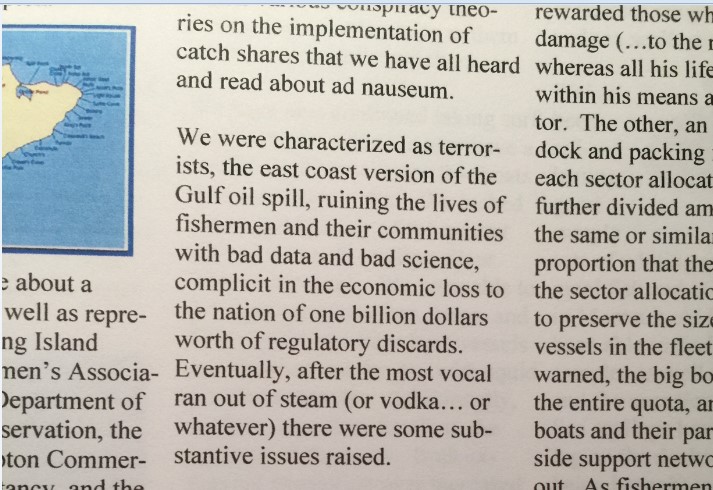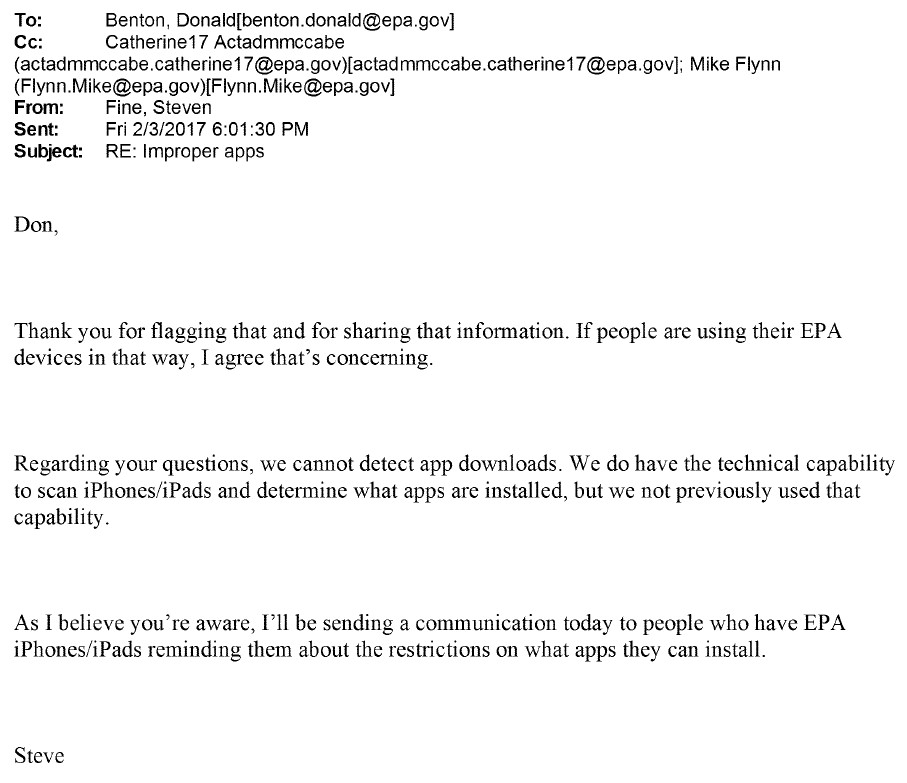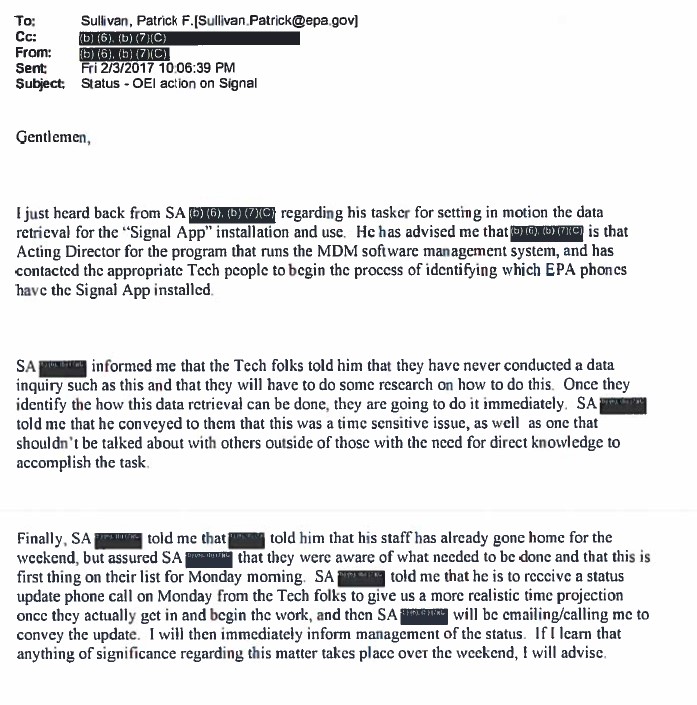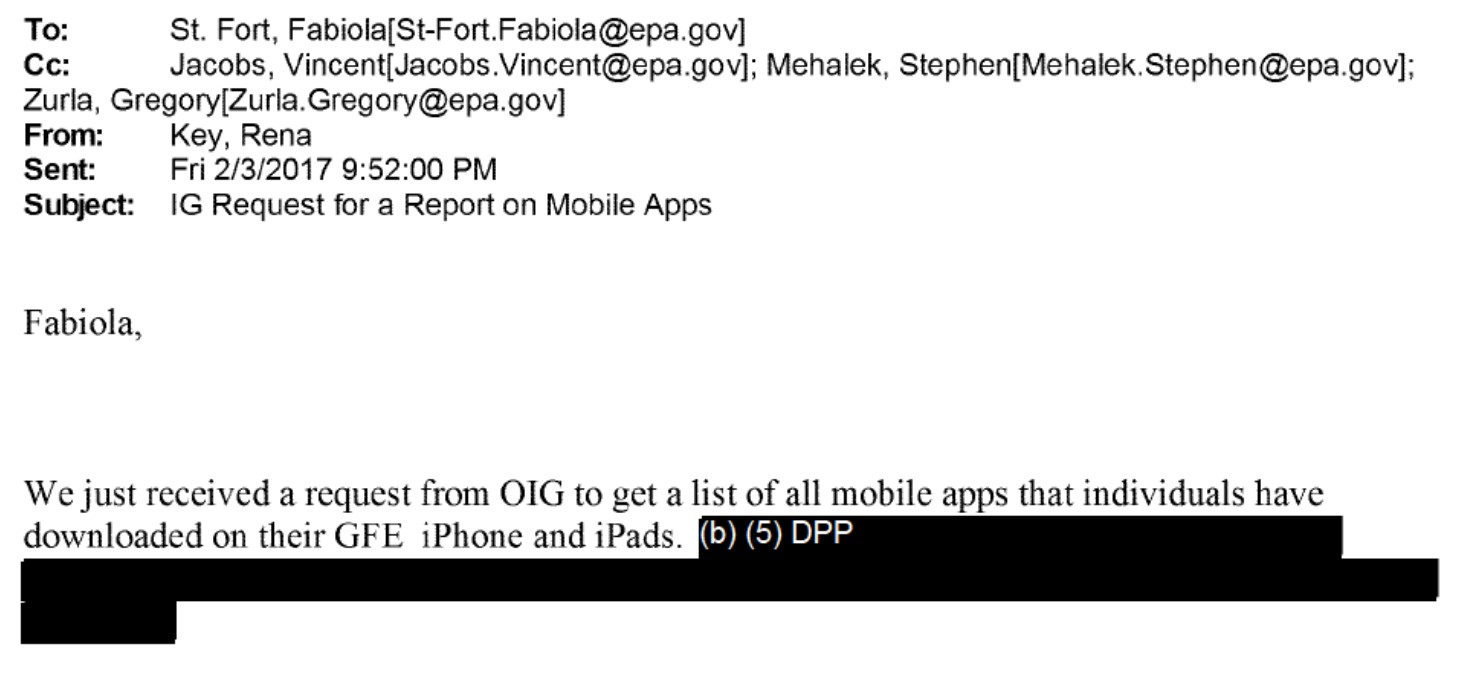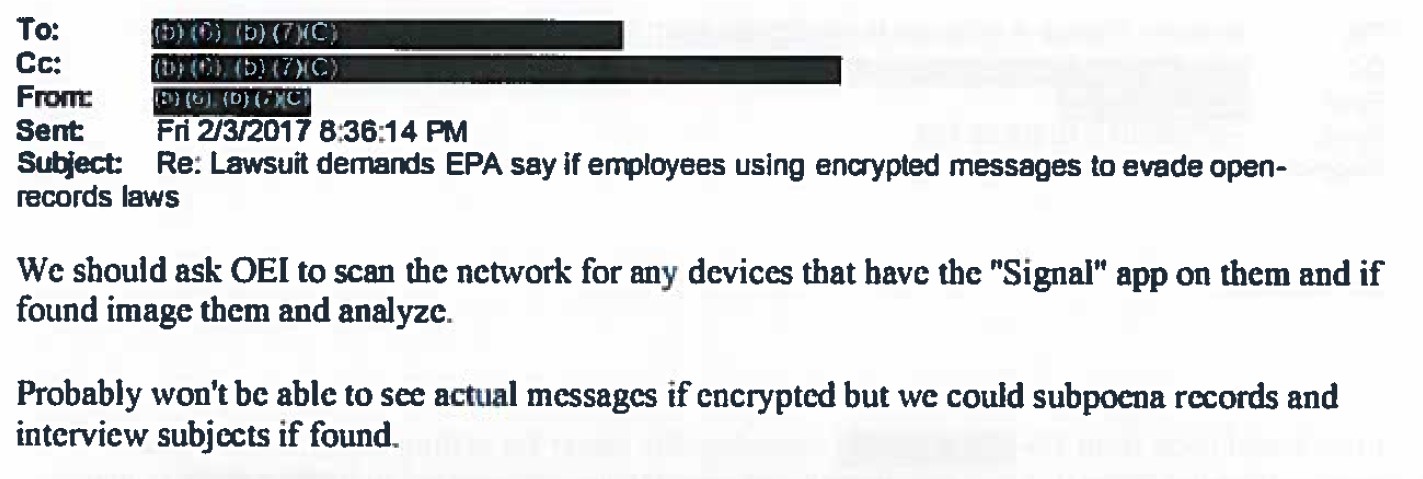According to the Los Angeles Times, “[s]ixty Chinese investors,” who participated in the EB-5 Immigrant Investor Program, have sued the developers and managers behind the SLS Las Vegas Hotel & Casino for failure to deliver on “promised green cards.” According to the investors’ lawsuit, the hotel redevelopment project has “not turned a profit from day one and is currently on the verge of bankruptcy.” “To make matter[s] worse,” the lawsuit continues, “the SLS Hotel[’s] revenue was less than 50% of what was projected so the project has not created sufficient jobs to allow all investors . . . to get green cards.”
The exaggeration of job-creation estimates and misleading advertising to foreign nationals is hardly unique to the SLS Casino. News of the lawsuit follows the opening of two other prominent EB-5 cases. Last week, the Securities & Exchange Commission filed a fraud lawsuit against an immigration lawyer and his firm for failing to disclose to clients that the firm was receiving substantial commissions on EB-5 transactions—“at least $1.6 million . . . from no less than six regional centers[.]” Also, in late November, The Washington Times reported that a group of thirty-two Chinese investors had filed suit against outgoing-Virginia Governor Terry McAuliffe, and his former business partners behind GreenTech Automotive, for perpetrating a “$120 million scam.” Just like the SLS Casino, GreenTech failed to create promised jobs, leaving immigrant investors to face revocation of their visas and possible deportation.
Entirely absent from the Los Angeles Times’s report, however, is the crony connection between the casino project and former U.S. Senator Harry Reid. In December 2013, CoA Institute filed a request for investigation with the Senate Select Committee on Ethics after learning that Reid contacted officials at the U.S. Citizenship and Immigration Services—including then-Director Alejandro Mayorkas—in an attempt to influence and expedite the approval of EB-5 visa applications that had been flagged for “suspicious financial activity.” The Senate Ethics Committee ignored CoA Institute’s request, claiming that it never received a copy despite evidence to the contrary. And the motivation for Reid’s intervention? His son, Rory Reid, and Rory’s law firm, Lionel, Sawyer & Collins P.C., were legal counsel to the SLS Casino, which itself was a major contributor to the Democratic Party and its candidates.
CoA Institute’s concerns about the SLS Casino and Senator Reid’s inappropriate intervention were confirmed in March 2015 when the Department of Homeland Security Inspector General released a report detailing the discomfort of career staff with the favoritism toward Senator Reid. In response, a defiant Reid dismissed agency whistleblowers who had a problem with his lobbying as a “bunch of whiners.” “If I had to do it over again, I would . . . [and] I would probably be stronger than I was,” he claimed.
Such rampant abuse and blatant politicization in the administration of the EB-5 program is one reason why CoA Institute has called for the end of the “cash-for-visa” regime all together. Too many politicians have hijacked the system to enrich themselves and others close to them. Such preferential treatment skews the marketplace and unfairly results in American taxpayers underwriting speculative business ventures that only profit so long as they have advantageous political connections.
Ryan P. Mulvey is Counsel at Cause of Action Institute
